India’s presidency of the G20 has been most challenging because of the Ukraine conflict that has ruptured the West’s ties with Russia, the economic impact of the conflict globally, especially on the Global South, the growing confrontation between the US and China, not to mention the border tensions with India deliberately provoked by China.
If the G20 platform is meant to address collectively the issues of global growth and financial stability, how can that goal be realistically achieved with conflicts, actual and potential, at both ends of the Eurasia continent, as well as in the Himalayas?
In these conflicts the major economies of the world are involved, financial power has been weaponised, draconian sanctions have been imposed, international law has been breached, global trade and supply chains have been disrupted, sovereign assets have been confiscated illegally, and so on.
In the G20, the G7, the EU, Australia and South Korea are on one side and Russia and China on the other. How can there be in these circumstances serious international cooperation in forging economic and financial policies that would bring stability to the global economic system? Without dialogue no narrowing of differences is possible, but dialogue between the West and Russia has collapsed. It must be restored bilaterally before it can take place on the G20 platform. Dialogue between the US and China has not formally broken down, but it has become a mixture of engagement and confrontation, with increasing military overtones around the issue of Taiwan.
The West has sought to use every international platform, including the G20, to raise the Ukraine issue, condemn Russia for its aggression, and generally seek its diplomatic isolation. China, on the other hand, is sought to be engaged as part of a policy of cooperation, competition, and confrontation. China, declared by the US as its “pacing challenge”, its principal long-term adversary, has made common cause with Russia against “Western hegemony”, conscious of the fact that with Russia strategically defeated the West would have a freer hand to contain China.
Quick Reads
View AllThe rest of the G20 belongs to what one can broadly call the Global South, though there are anomalies like Turkey which is a NATO member. India, Brazil, South Africa, all three members of BRICS, along with Saudi Arabia and Argentina approved as prospective members (and Indonesia too potentially) form a category of their own. These countries do not wish to choose sides between the West and Russia, are against Western sanctions on Russia, do not favour its isolation or its military defeat, want the Ukraine conflict to end as it is hurting the developing world by way of food grain and fertiliser shortages and higher energy costs. Without being anti-West, and, indeed, having close and productive ties with the West, these countries nevertheless favour a more democratic and equitable global system which all this while has been excessively dominated by the West.
India has had to manoeuvre within these antagonisms, clash of interests, and a global re-balancing of power to make a success of its presidency. It decided, wisely, to inscribe the concerns and expectations of the Global South more emphatically on the G20 agenda. This, besides food, fertiliser and energy supply disruptions, includes the issues of reform of multilateralism, the role of multilateral development banks, debt relief, Sustainable Development Goals, climate change finance, green development, and so on.
Disaster resilient infrastructure, global food chains, global health, environmentally conscious practices and a sustainable way of living, inclusive growth, financial inclusion, digital economy, technology transformation, addressing the global skills gap, women-empowerment for socio-economic progress, human-centric approach to technology, culture are specific subjects that India has sought to put focus on in G20 discussions. Hopefully, these themes will be carried forward under the Brazilian and South African presidencies to follow.
India has exerted as much as possible to make its G20 presidency a success. It has shown tremendous organisational capability in arranging for over 200 G20 meetings in 50 different locations in the country.
If because of rifts between the big powers the UN Security Council is unable to function effectively, the G20 cannot do any better as these big powers are also G20 members. If the veto provision is the principal source of UNSC’s ineffectiveness, the consensus principle in the G20 is also an obstacle in the optimal functioning of the group. If no joint statement emerges from the forthcoming G20 summit, it will be on account of the intransigence of the Western members of the group on the Ukraine issue, not a failure of Indian diplomacy.
India will not lose prestige as a rising power, as some say, if it fails to bridge differences within the G20 and has no option but to resort to the Chair’s summary instead of a joint statement. On the contrary, one can argue that it is the contending powers within the G20 that by being unwilling to rise above their political antagonisms and short-term political advantage will expose their own lack of a serious commitment to address shared cross-cutting global challenges in the larger interest of the international community.
The G7 cannot by itself solve global issues. This recognition led to the creation of the G20, but if the G20 which bridges the West and the Rest cannot deliver, then the North-South and East-West divides can sharpen further, leading to more fragmentation of the global community. The expansion of BRICS, which is a non-western group, may serve the purpose of multipolarity, but it may not necessarily be a cooperative multipolarity. The decision of President Putin and President Xi not to attend the G20 summit reflects this prospect.
President Putin’s decision not to attend the summit no doubt weakens the G20, but it can be argued that if the G7 plus group in the G20 seeks to ostracise Russia how will his participation in the summit contribute positively to summit deliberations. President Xi’s decision to absent himself suggests uncertainty about what he can gain from participation when China is under pressure from the G7, the EU and Australia, while India as host country has been antagonised with border aggression and other provocations. In BRICS and the SCO China feels secure in its position. Not so in the G20 because President Xi has lost his standing amongst many key members. His absence is not a snub to India, it is defensive in nature.
The author is a former Indian Foreign Secretary. He was India’s Ambassador to Turkey, Egypt, France and Russia. Views expressed in the above piece are personal and solely that of the author. They do not necessarily reflect Firstpost_’s views._
Read all the
Latest News,
Trending News,
Cricket News,
Bollywood News,
India News and
Entertainment News here. Follow us on
Facebook,
Twitter and
Instagram.


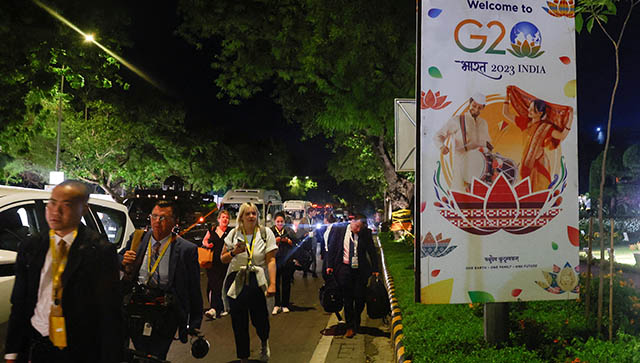)
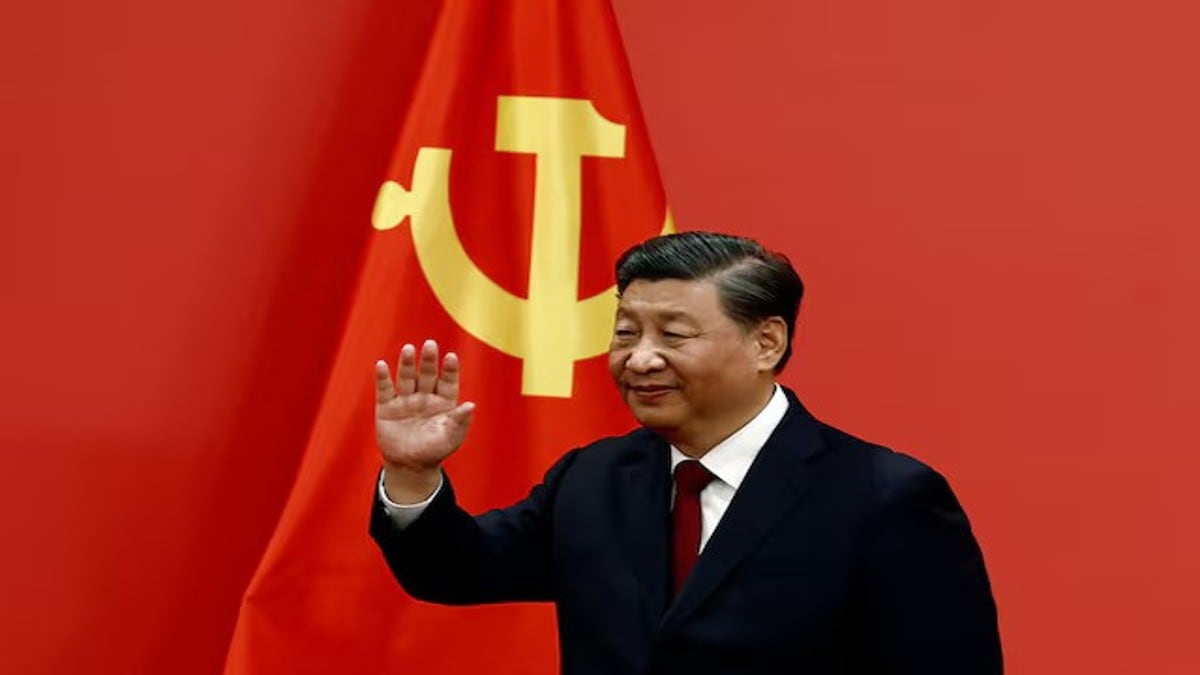
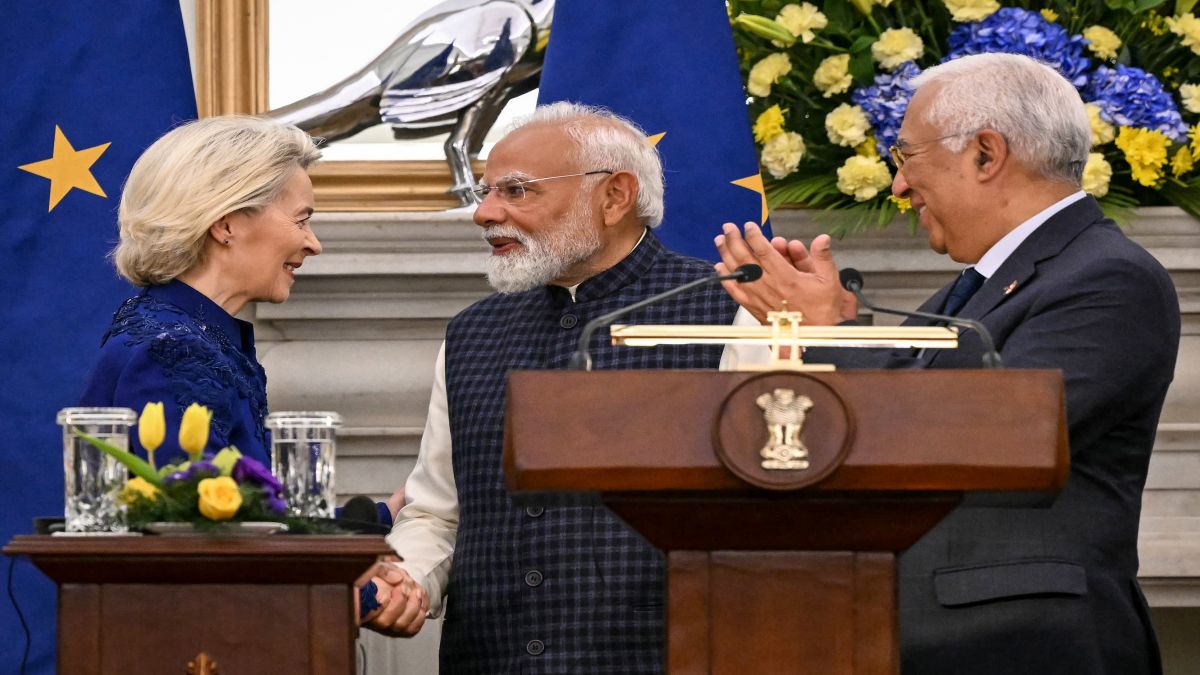)
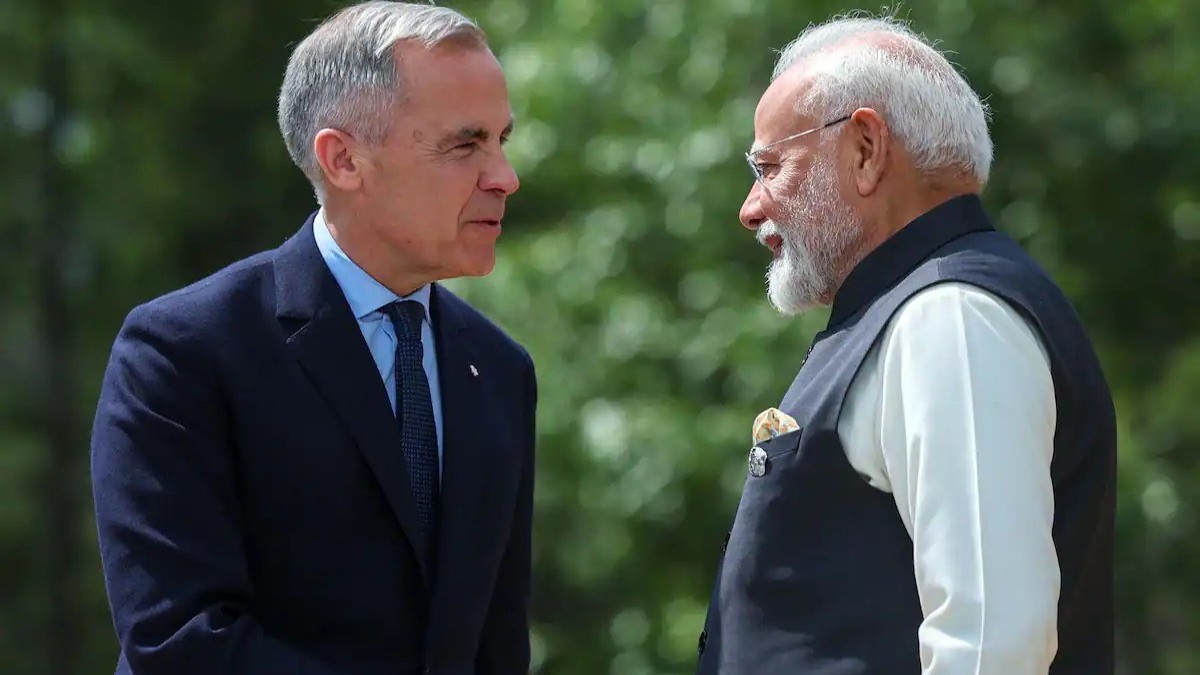)
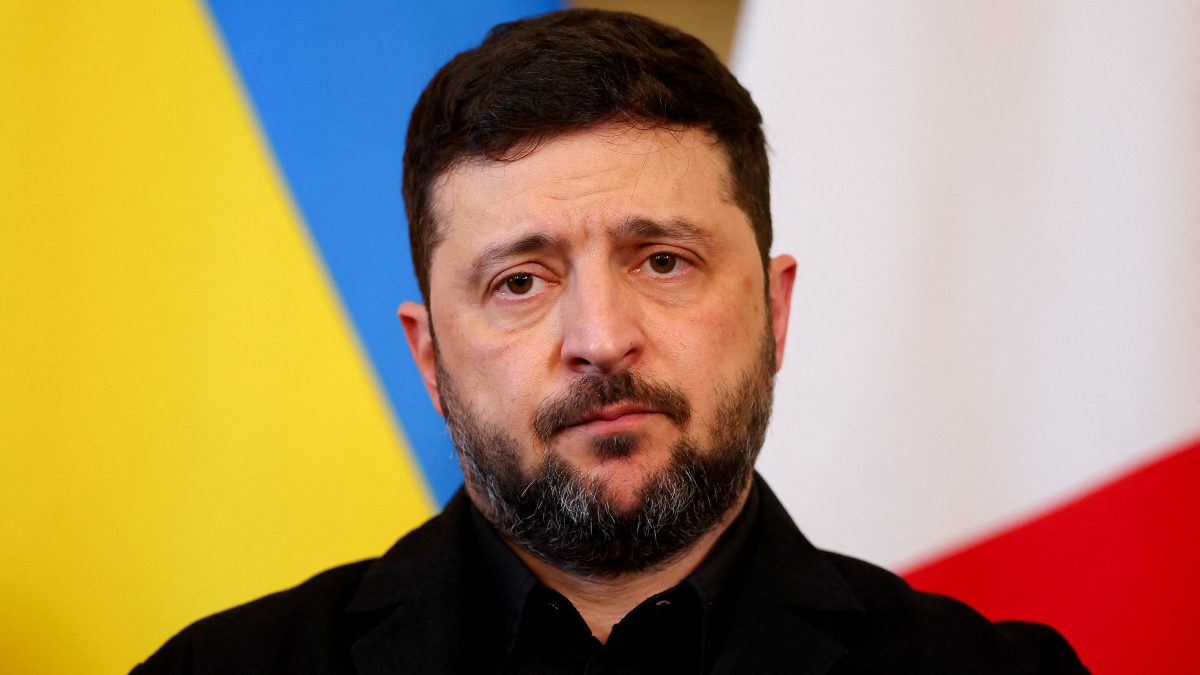)
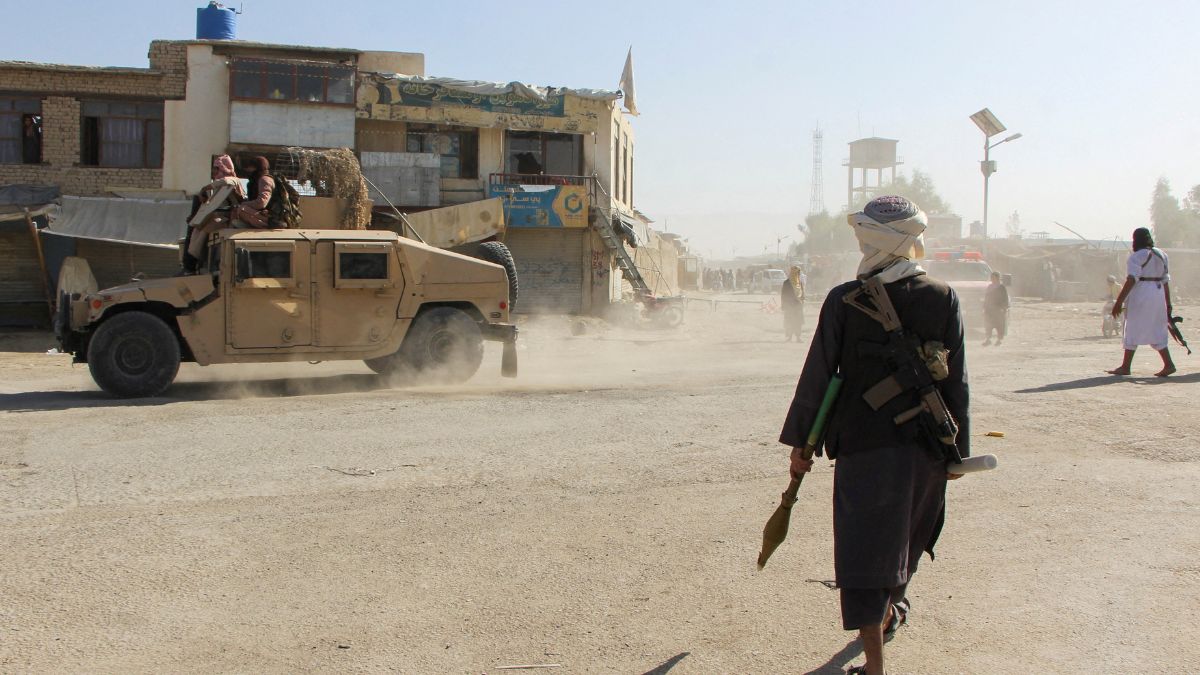)
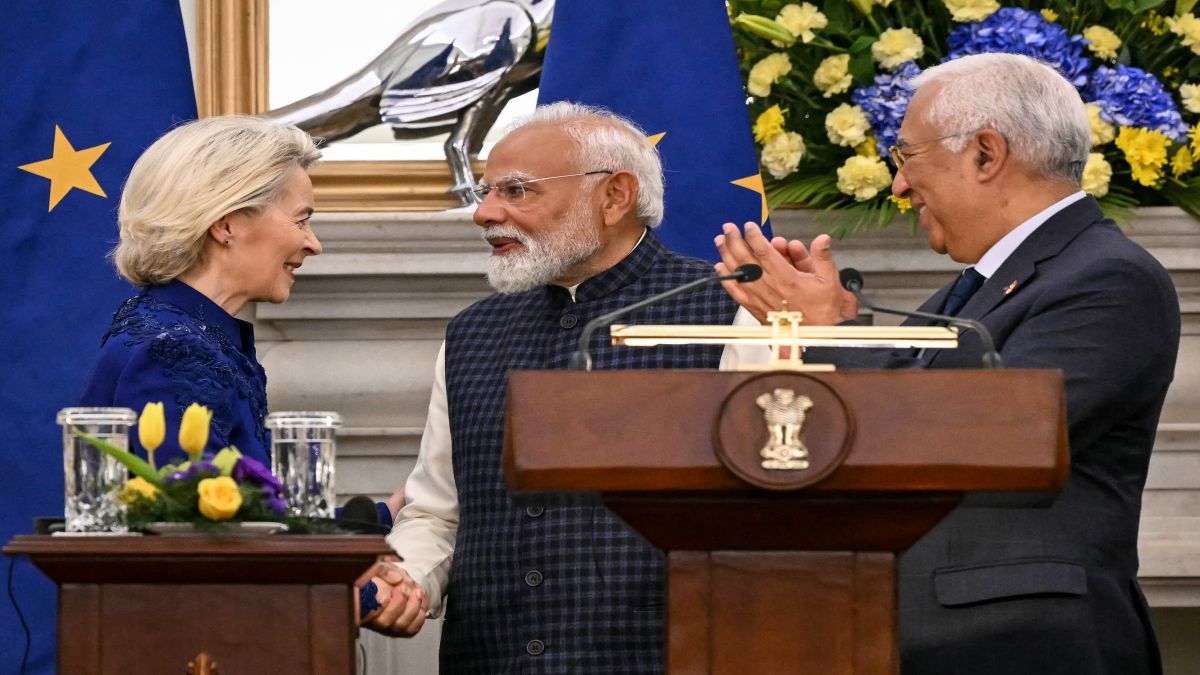)
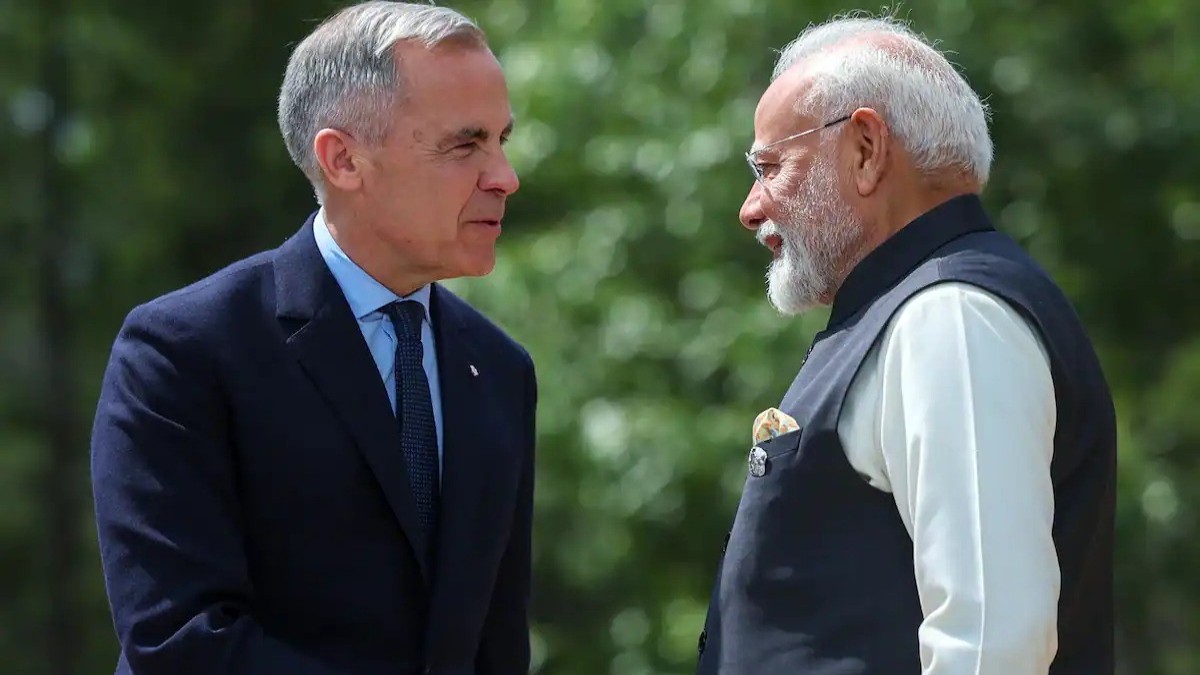)
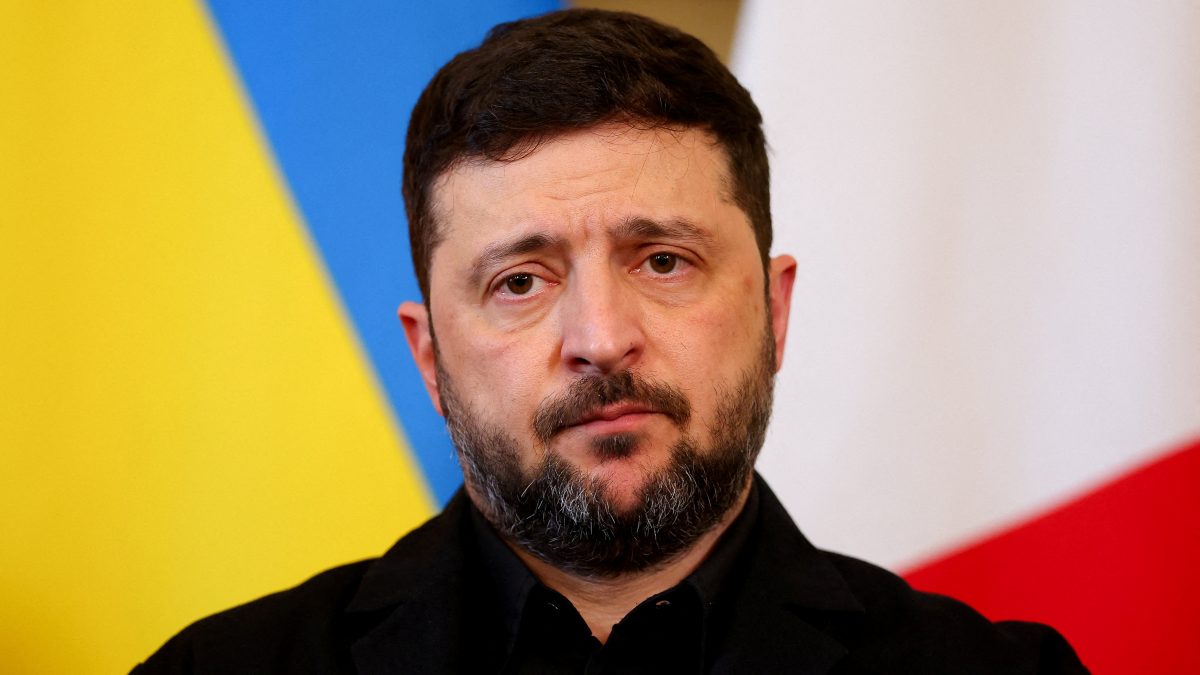)
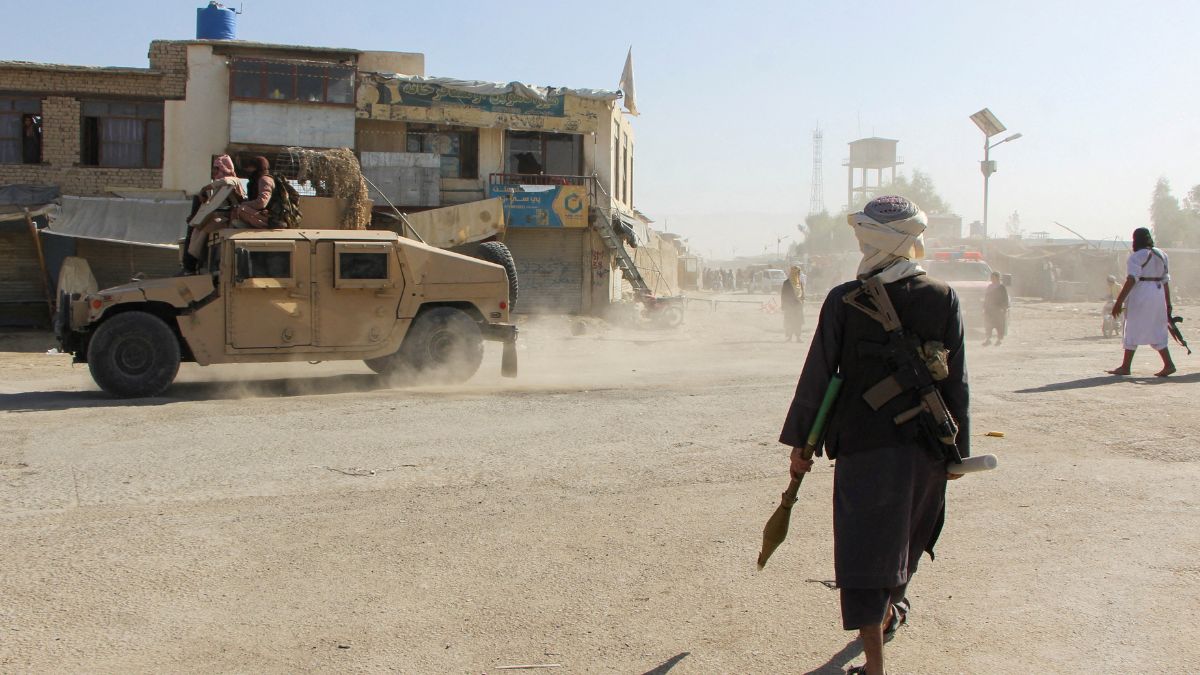)



